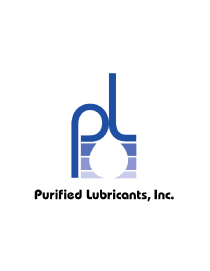“Due to our limited human resources, we currently are sampling the oil in our turbine bearings on a yearly basis. Is this type of interval adequate for detecting failure modes or should the frequency be increased?”

“Due to our limited human resources, we currently are sampling the oil in our turbine bearings on a yearly basis. Is this type of interval adequate for detecting failure modes or should the frequency be increased?”

Knowing when a piece of equipment is going to fail (predictive maintenance) is much more difficult than making it last long (proactive maintenance).

One major struggle maintenance groups seem to be dealing with today is a growing preventive maintenance (PM) backlog. Over time, some PMs fail to be closed, and work begins to pile up, resulting in large amounts of non-critical work being put on the back burner. Although the task of minimizing or eliminating backlogs can seem daunting at times, there are ways to address this problem while still taking a proactive mindset toward your equipment.

In a condition-based maintenance environment, the decision to change out a hydraulic pump or motor is usually based on remaining bearing life or deteriorating efficiency, whichever occurs first.

Lubricants for industrial equipment are tasked with many different functions, including protecting against corrosion and wear, transferring contaminants to filters or dissipating heat from hot zones. Most lubricants have specific conditions where they may become flammable, such as when flames, sparks or hot surface conditions occur. This is mostly derived from the lubricant’s base oil properties. For this reason, these specific lubricant properties and environmental conditions must be understood and controlled. More importantly, the lubricant should be selected appropriately with the necessary properties to mitigate the potential risks. This is where lubricants called fire-resistant fluids are put into service.

